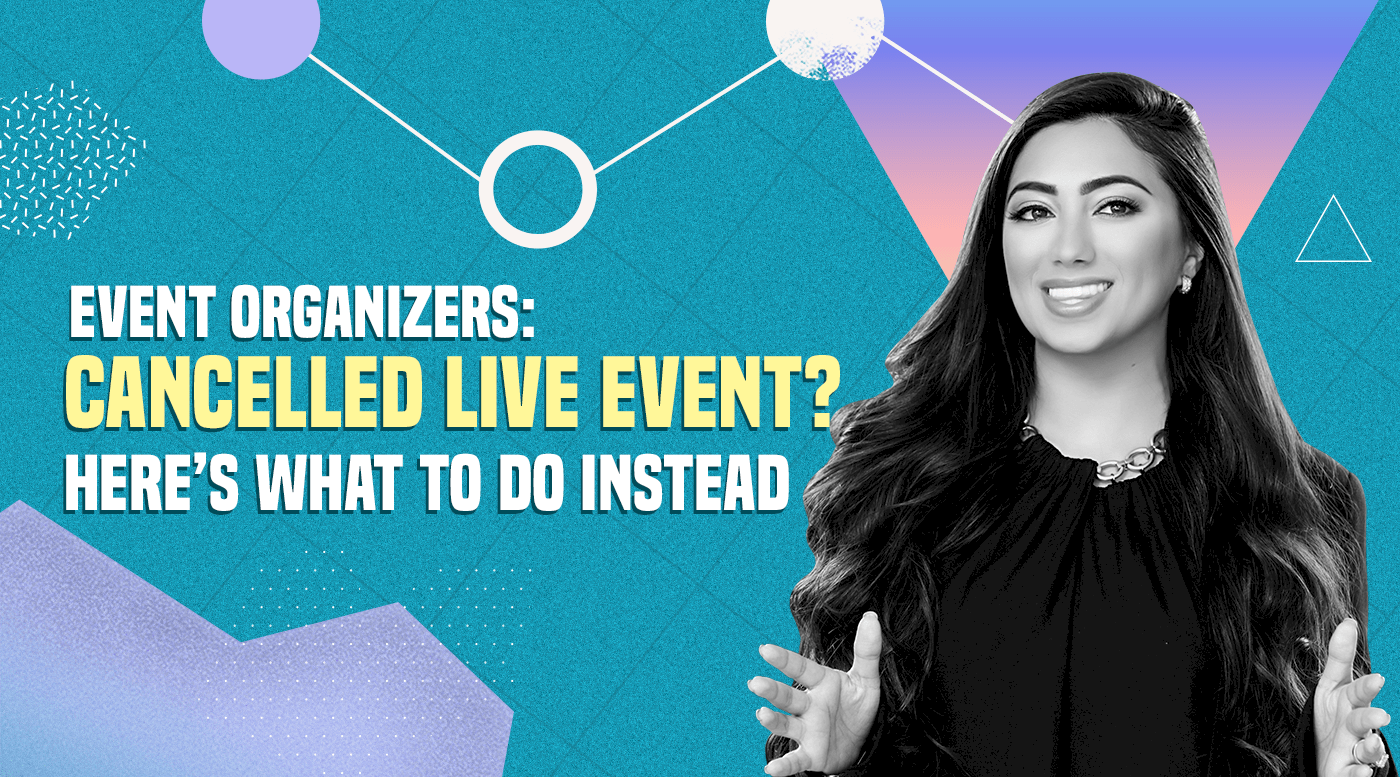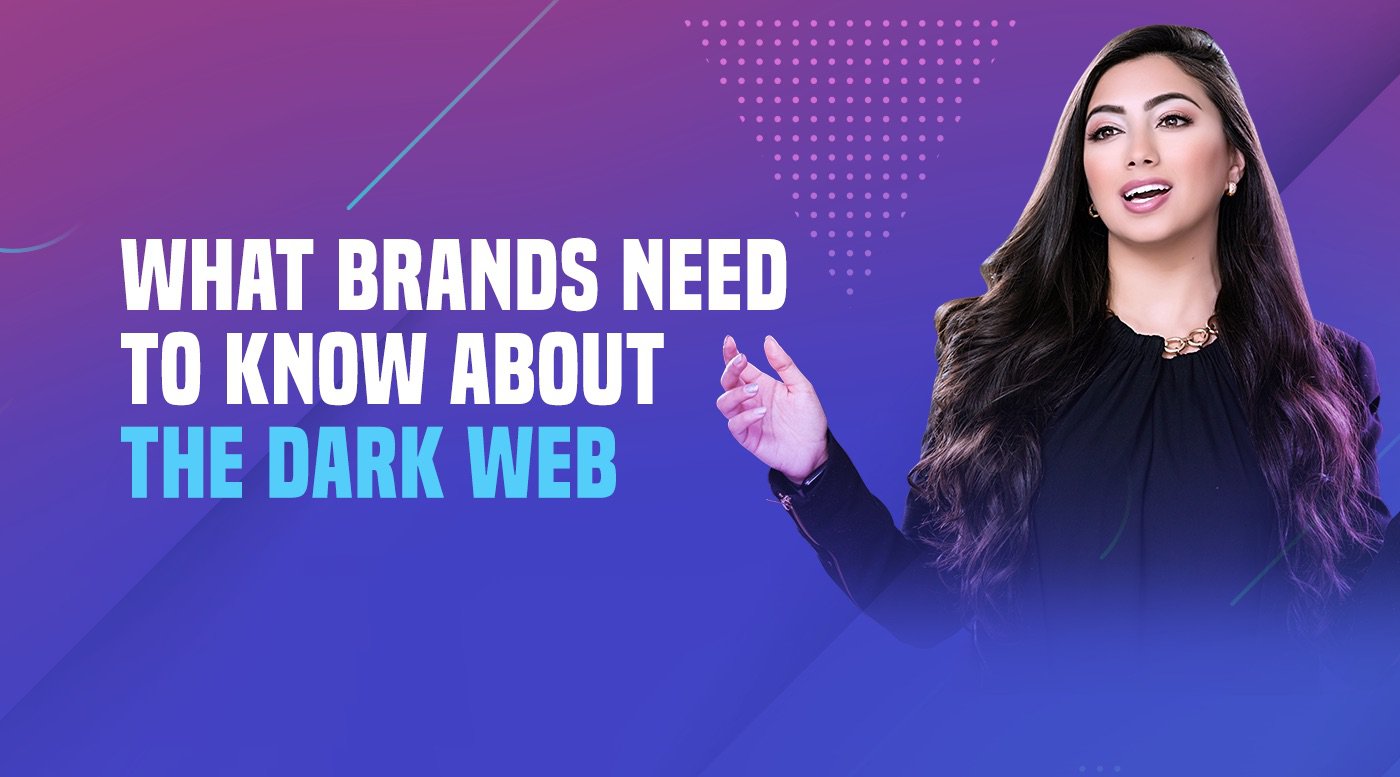When Brands Find Themselves In A Bind: A Lesson In PR From Gucci
The most recent Milan Fashion Week brought with it a large helping of controversy along with a series of valuable brand lessons from none other than the ever-provocative Gucci.
Following two notable fashion faux pas—this February, Gucci stopped selling a balaclava sweater that seemed to make a troubling reference to blackface, and in May they faced a social media backlash for a turban that critics said appropriated the Sikh religion—Gucci is now receiving attention for its most recent runway collection, which featured models wearing the fashion house’s take on straitjackets.
Propelled down the runway via conveyor belt, Gucci’s models assumed vacant stares while clad it what Gucci’s creative director, Alessandro Michele, called “the most extreme version of a uniform dictated by society and those who control it.”
However, one model, Ayesha Tan Jones (who uses the pronouns they/them), staged a silent protest of the collection while on the Gucci runway, holding up their hands to show the words “Mental Health is Not Fashion” written on their palms. They accompanied the very public protest with an Instagram post explaining their discomfort with the collection’s look, as a person who had struggled with mental health themselves.
It sounds like a PR disaster in the making, doesn’t it? You’ve got a sensitive subject, a high-profile reveal, a silent but cutting protest, and a brand that has seen plenty of controversy throughout its recent history.
And yet, it wasn’t a disaster. There’s a lot to be learned from Gucci and how they handled this moment. Let’s dig in.
Brands that take a principled-but-provocative stand are those that are increasingly in favor with the idealistic connected consumer.
Connected consumers expect the brands they patronize to “walk their talk.” They want brands that aren’t afraid to not only express their values, but live up to them. We know this for certain thanks to our proprietary research into the connected consumer.
So when Gucci showcased this deeply provocative collection, it got people’s attention. Some, like Jones, had criticism for the fashion house, but others praised it, like the actor Hari Nef who said on Instagram, “It was more a provocative reminder of [the dangers of] submission than a glamorization of insanity.”
Controversy on its own is not bad. What’s more important, especially in today’s digital landscape, is how a brand responds to the controversy.
When controversy arises, brands must embrace this controversy and encourage conversation.
The “official statement” after a controversy can be a make-or-break moment for a brand when it comes to creating a trust-filled, long-term relationship with their customers.
Even if their intention in taking a stand is honorable, brands—which of course are nothing more than collections of human beings—won’t necessarily get it “right.”
At the same time, consumers won’t necessarily get it right either. This is why maintaining a dialogue between brands and consumers is so important, and why brands, especially those like Gucci with a big, influential voice, can lead powerful cultural conversations.
When Jones made their protest, Gucci could have gotten defensive and lashed out—instead, it stood in support of Jones’ decision as an act of free speech.
While there will always be times when brands are legitimately misunderstood, and should clarify their stances, it’s instructive to see Gucci refraining entirely from commenting on the model’s decision to protest.
This is a powerful example of how it’s possible for brands to support and reach out to those they’ve offended without necessarily renouncing the stand they’ve chosen to take. (Let’s remember, however, that sometimes renouncing that stand is the only right way forward, as Pepsi did with its notorious Kendall Jenner ad).
Above all, if brands are going to venture into sensitive territory—whether that be racial bias in P&G’s “The Talk” or the Black Lives Matter movement with Nike’s Kaepernick ad—they’ve got to be extremely savvy about digital PR.
I’m not talking about “spin” here. I’m talking about knowing how to get your true message out to the public in a way that is authentic, open-minded, and rich with integrity. After all, it’s authenticity that connected consumers crave, and they can see through a “fake it till you make it” PR attempt in no time flat.
Gucci has repeatedly offered thoughtful responses to the controversies they’ve faced, which is why their support of Tan-Jones’ protest is hitting the right notes with consumers.
Nike has a long-term commitment with Kaepernick, showing that working with him was more than just a gimmick.
At my digital PR agency, we help brands navigate these socio-political climates and controversies often.
Which brings us to your brand. What does your brand stand for? What principles are important to your company, and how do you express them? It matters to your customers more than you may think—and when controversy strikes, you need to be ready to lead the conversation in a way that demonstrates your values, inspires trust, fuels loyalty, and elevates your brand.









